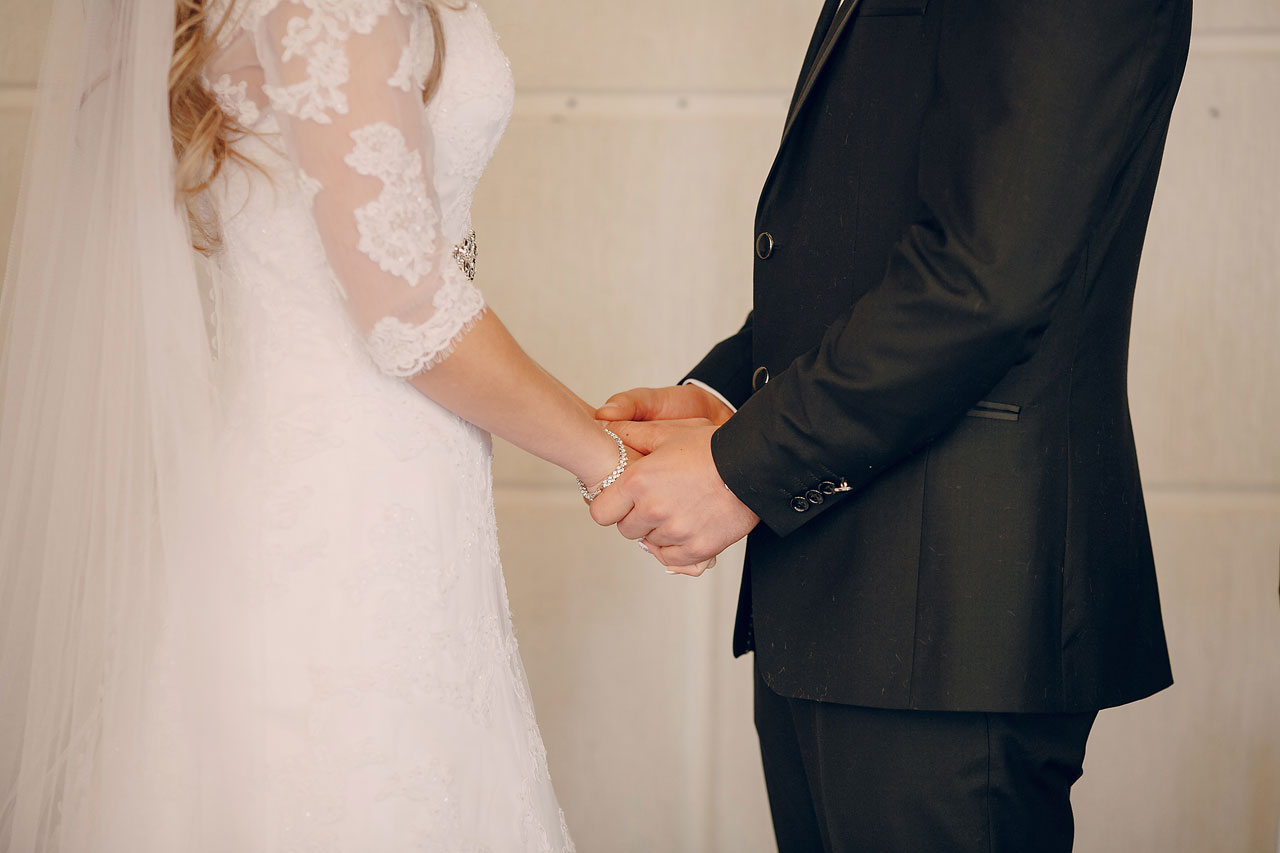“In the Name of God, I, Brian, take you, Jennifer, to be my wedded wife, to have and to hold from this day forward, for better or for worse, for richer, for poorer, in sickness and in health, to love and to cherish; from this day forward until death do us part. In the Name of the Father and of the Son and of the Holy Ghost. Amen.”
In the presence of witnesses including my family, friends and God Himself, I spoke this vow to my wife nearly 14 years ago. From that day to this, we have seen a lot of changes to marriage in society. One of the more unnoticed trends, however, is that traditional wedding vows have fallen out of favor, and improvised wedding vows have become fashionable.
According to Russell D. Moore, president of the SBC’s Ethics & Religious Liberty Commission, this is a troubling trend, even one that coincides with the downgrade of marriage. Speaking to a group of pastors at the BGCO Conference on “The Gospel, Sexuality & the Church,” Moore says he has taken a lot of unpopular stands.
But to tell a young couple he is about to marry that they cannot write their own wedding vows is the most controversial thing he does. These days, says Moore, wedding ceremonies have been overtaken by folks like wedding planners who want the ceremony to be more of a celebration of the couple’s love for each other, rather than a religious rite before God, a sacred union sealed with a promise.
And when the feelings surrounding the wedding celebration fade, couples who wrote vows promising things like “to live together and to laugh,” have less to fall back on and no point of accountability to each other or the church.
Moore knows, as do I, most people who write their own vows have good intentions. “Why say it the old fashioned way when we can be heart-felt, creative and unique?”
Building on Moore’s philosophy, though, pastors are the ones who can help couples keep their weddings Christ-centered, making their wedding ceremonies look more like the ones done from centuries past, not less like it.
This is only one small part of the discussion about marriage itself, which is in shambles today. Pastors and other Christians can help couples getting married find anchor points, even while we contend with trends like same-sex marriage.
This issue of marriage vows was one of the many eye-opening issues raised at The Gospel, Sexuality & the Church Conference. Ranging from “What to do when a loved one says ‘I’m gay,’” to “Biblical Responses to Students’ Sexual Identity Questions,” to “Understanding LGBT, Sexual Identity, and a Sex-Saturated Culture,” the conference highlighted just how deeply affected our society is from the sexual revolution.
Because of the Fall in the Garden of Eden and our own sin, none of us can truly say we are without sexual brokenness. Moreover, none of us have escaped the second-hand effects of the sexual revolution.
Who knows what challenging sexual issues the church will face in five years? What we do know is that Christ is the answer. Everything He teaches us about marriage, sexuality, about ourselves, is full of grace and truth. Through prayerful action and by God’s grace, we will become more like Jesus, Who always keeps His vows.




